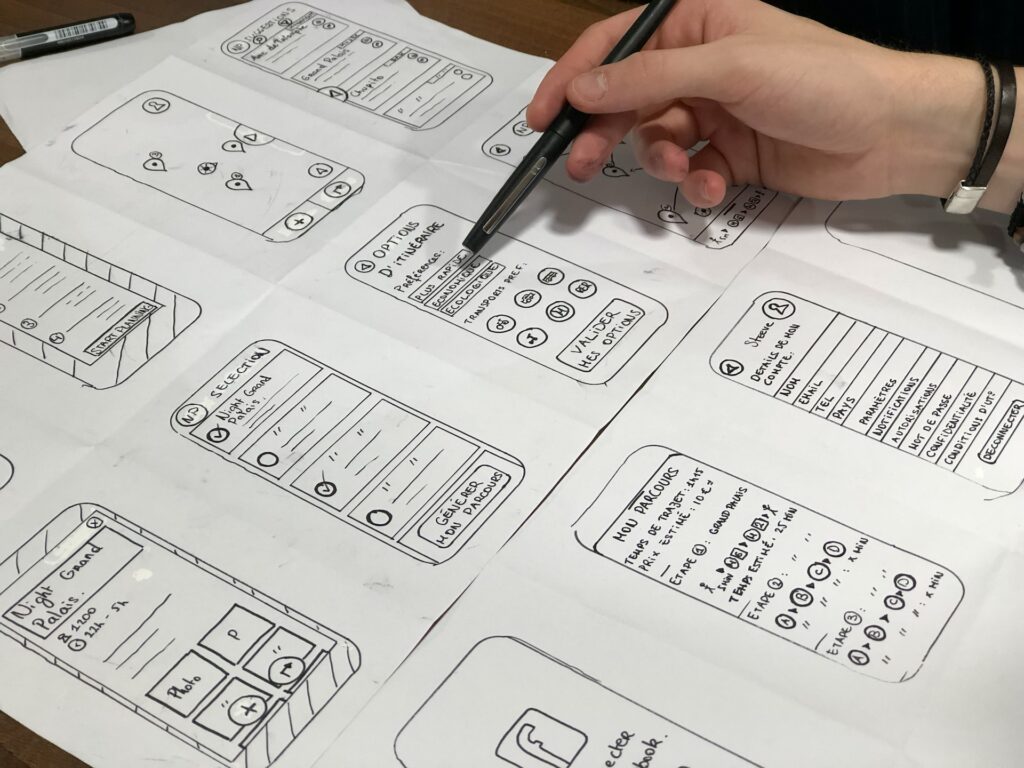Responsive Design vs. Dedicated Mobile Websites
One of the most common questions is how responsive design compares to dedicated mobile websites. This is important to consider whether you’re weighing your options on which one to go with or you already have a mobile website, and you’re considering making the jump to responsive. Here are comparisons to help you finally make a conclusive decision.

Let’s start with the user experience.
A responsive website can be adjusted for smartphone users, tablet users and other devices of varying screen sizes. This allows for a far better browsing experience for the entire audience. Mobile websites are mainly optimized for smartphones but can also display well for tablets. However, they are not optimized for all devices, so they will not deliver the best user experience possible for the entire audience.

Let’s move on to the functionality.
Research shows that tablet users expect the same functionality they would get from using a desktop website. Responsive web design works well in this case because it can deliver a richer experience. Mobile websites are mainly built for simplicity. While they can still deliver a great experience, they fail to deliver the same functionalities you can pull off with a responsive design.
Promotion is also an important factor. With a responsive website, you can build content and links for a search campaign for both mobile and desktop. With a mobile website, you will have to build content and links for your desktop and mobile websites. This leads to more time, more money and more resources being spent in the long run. If SEO is a big part of your business, then responsive is probably the better choice.
Investment is something that site owners overlook in the beginning as well. Going responsive with a small website is not that big of an issue, but it is a big obstacle for larger websites. Aside from being responsive, there will need to be a lot of investment required to optimize, redesign, and restructure the website. It can be quite expensive and time-consuming if your website is large. Going with a mobile website is far more affordable and is more viable for businesses with really small budgets.
Finally, simplicity needs to be looked at. Responsive websites can often fail due to many factors. For example, a blogging website with long pages can become problematic due to loading time. This can also be a problem for image-heavy websites. Complex websites can also become jumbled and not display as expected. Simplicity is king for serving mobile users, particularly smartphone users. In this case, mobile websites are perfect because the web design is straightforward and often intuitively structured.
These are the key difference between mobile websites and responsive websites. Both choices have pros and cons, but at the end of the day, responsive still comes out on top. The only obstacle to going responsive right now is the time and cost that goes into creating a great website. On top of that, it’s imperative that you work with a professional or firm that understands how to overcome the problems of responsive design and create something sleek and seamless.
Next Item
Benefits of WordPress Web Design



